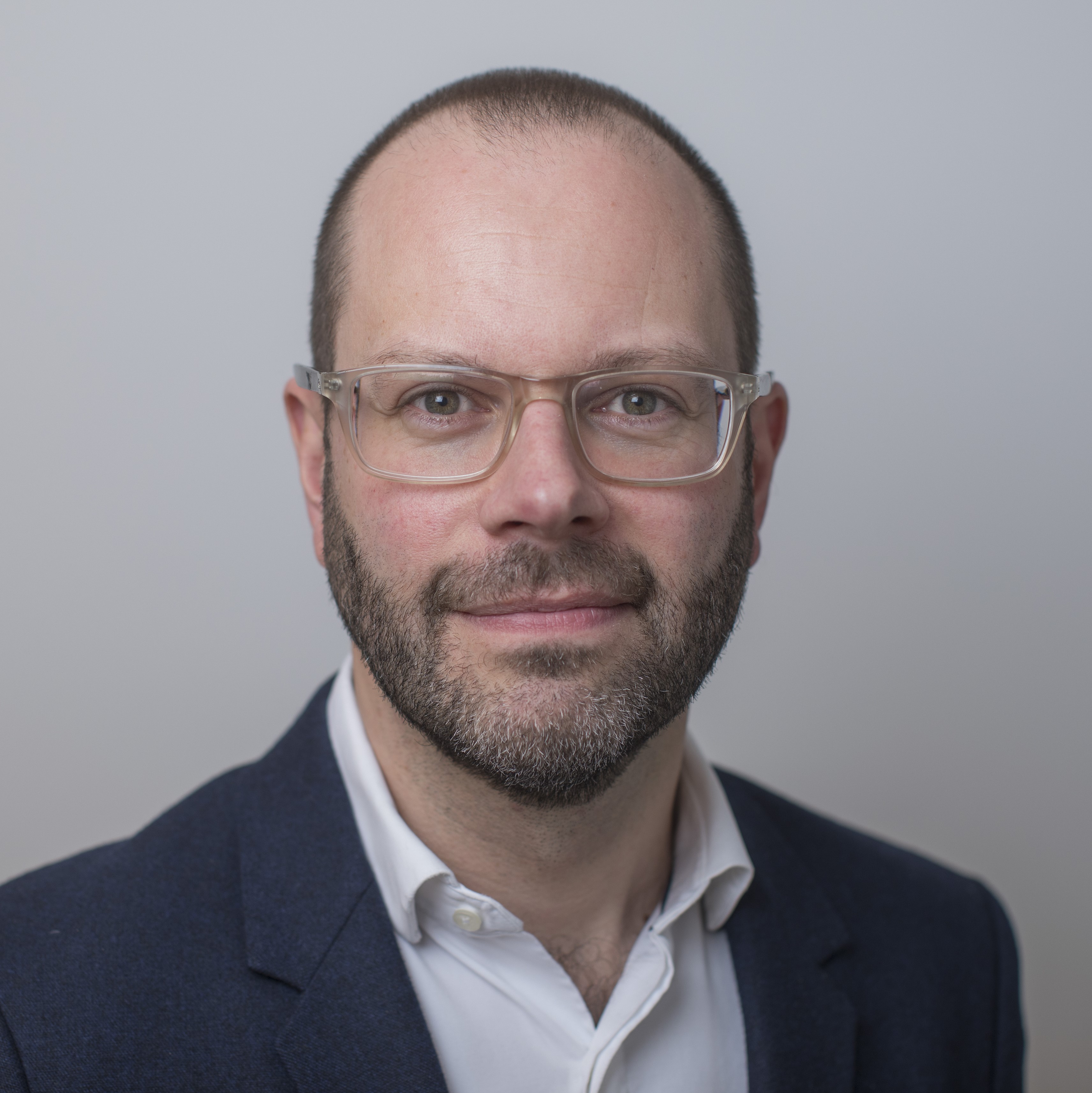The Jiangcungou landfill in the northwestern Chinese city of Xi’an was once the biggest dumpsite in China. Built in 1994 and spanning the size of 100 football fields, it was designed to last 50 years. Instead, it filled up in 2019 - 25 years ahead of schedule. Rising incomes and rapid urbanisation has led to a similar trend playing out across the country, sounding the alarm for policymakers, companies and citizens to play their part in improving waste management.
“As Chinese people became wealthier and moved from the countryside to the city, they started with getting food deliveries, then more clothes, and eventually changing shoes several times a year,” said Bertrand LeCourt, Portfolio Manager. “Getting richer led to a multiplication of the resources consumed.”
China’s total volumes of municipal solid waste more than doubled during 2008-2018, and as landfills reach their limits, more of this waste is going to incinerators and other means of treatment that are less intensive in land use. While the number of traditional landfills grew about 5 per cent each year during the decade through 2018, incineration plants where waste can be turned into heat or electricity increased by 16 per cent per annum. These produce less pollution and convert trash into a resource, whereas landfills can leak into the water systems.
But incinerators are also straining under the growing loads of waste, and policymakers all the way up to President Xi Jinping are putting a heavier emphasis on recycling. It’s not a fleeting goal: in the blueprint for the country’s upcoming 14th five-year-plan, which will be tabled in March, China reiterated the need for waste sorting and recycling regulations, and waste reduction efforts, as well as improving waste treatment in rural areas as a way to improve living conditions.
Recycle or pay fines
Nationwide, the government has mandated a target for 2020 that 46 major cities recycle 35 per cent of their waste, in line with levels in the US. Shanghai, the world’s most populous city with 24 million residents, was the first to pilot the widescale recycling program in July 2019.
Shanghai residents are now sorting their waste into 4 categories: wet waste such as biodegradable food; recyclable waste (glass, paper, plastic and reusable clothes or toys); hazardous waste like batteries and expired medicines; and residual waste (everything else).
The project was first met with scepticism according to local media such as Xinhua, as the strict sorting scheme was found to be complicated and confusing, and previous initiatives over the past two decades failed to amass wide support.
But policymakers later raised the stakes: individuals and businesses now face hefty fines for noncompliance, ranging from 500 renminbi to 100,000 renminbi ($75 to $15,000) for companies. A large portion of the fines have been paid by office building management companies, construction sites and trash transportation companies. Individuals face a more modest penalty of 200 renminbi. But they could also see their social credit scores penalised, which potentially affects their access to education, job opportunities, and even travel.
In response to initial confusion over how to classify waste, companies like Tencent and Alipay developed educational apps, such as this game titled “Garbage Sorting”. In some places, people can earn points which they can use for shopping, or even cash payments for dropping off certain goods.

Source: JY International Cultural Communications, jggame.net, Fidelity International, November 2020.
This combination of sticks and carrots appears to have worked, with Shanghai mayor Ying Yong calling the program a success at the beginning of this year. Over 90 per cent of Shanghai’s housing communities are now using this new sorting system, versus 15 per cent at the end of 2018. Meanwhile, the proportion of waste going to landfills fell from 41 per cent to 20 percent.
Following the initial momentum in Shanghai, this program has expanded quickly into other major cities and is on track to meeting the 46-city target by year-end. But it will need to be further fast-tracked if it is to span all Chinese cities, around 300 of them, by 2025.
Fast-growing investment universe
China’s waste management industry is still playing catch up with economic growth, so it should expand at a faster rate than the overall economy in the next 5 to 10 years. Selective investment opportunities abound, as private companies have sprung up in various parts of the supply chain.
In the downstream area (waste treatment and incineration), the biggest player is China Everbright International (CEI), a state-owned entity that’s been listed for nearly 30 years. Given the asset heavy nature of its business model, its size and pedigree provide an edge - around one-third of the waste incineration projects tendered each year are awarded to CEI.
Its key challenge is around government subsidies. It receives subsidies from the same government fund as renewable energies like solar and wind power, but that fund has been in deficit due to fast expansion across the board. As a result, some of CEI’s subsidies and projects have been delayed, so we see scope for reform in this area.
Higher up the value chain are the municipal hygiene service companies - agents who collect, sort and transfer the waste to the downstream plants. Those companies are more labour-intensive and asset light. Their fees are not subsidized by the central government but paid by local governments over a fixed contract term of 3 to 8 years, so their cash collection is more reliable than for downstream companies.
In this space, government agencies are taking a step back and the goal is for private companies to rise from a 50 per cent market share to as high as 80 to 90 per cent in the next 5 years. This should lead to 20 per cent compound annual topline growth for private companies, despite a mid-single digit growth in waste disposal volumes.
While things are moving in the right direction, China’s waste management industry is still in its nascency. The electronic waste market is one such fledgling area, and fast-growing startups like AiHuiShou (which means “love recycling”) aim to fill this void. Recently renamed “All Things Renew”, the 9-year-old company’s services include “one-stop trade-in” where customers can trade in used phones and pay the difference when buying a new mobile device online. The company has over 700 offline stores and recently reached $2 billion in monthly transactions.
More to be done
Despite the greater awareness around reusing and recycling, from an environmental standpoint, more needs to be done. China’s growing urbanization and consumption are putting ever-greater strains on the earth. And China is not alone. The world’s waste is set to grow more than twice as fast as the global population in the run-up to 2050, according to the World Bank.
Success will be aided by the three Rs: reduce, reuse and recycle. In China, the government has introduced new guidelines to reduce food waste, including limits on how much people can order at restaurants, and curb solid and plastic waste with bans on hotels providing disposable toiletries unless specifically requested. That focus on the first R is perhaps a sign of the times - amid the global pandemic, people around the world are reassessing their views on consumption and capitalism. For China, it’s a historic opportunity to lead the way.









































